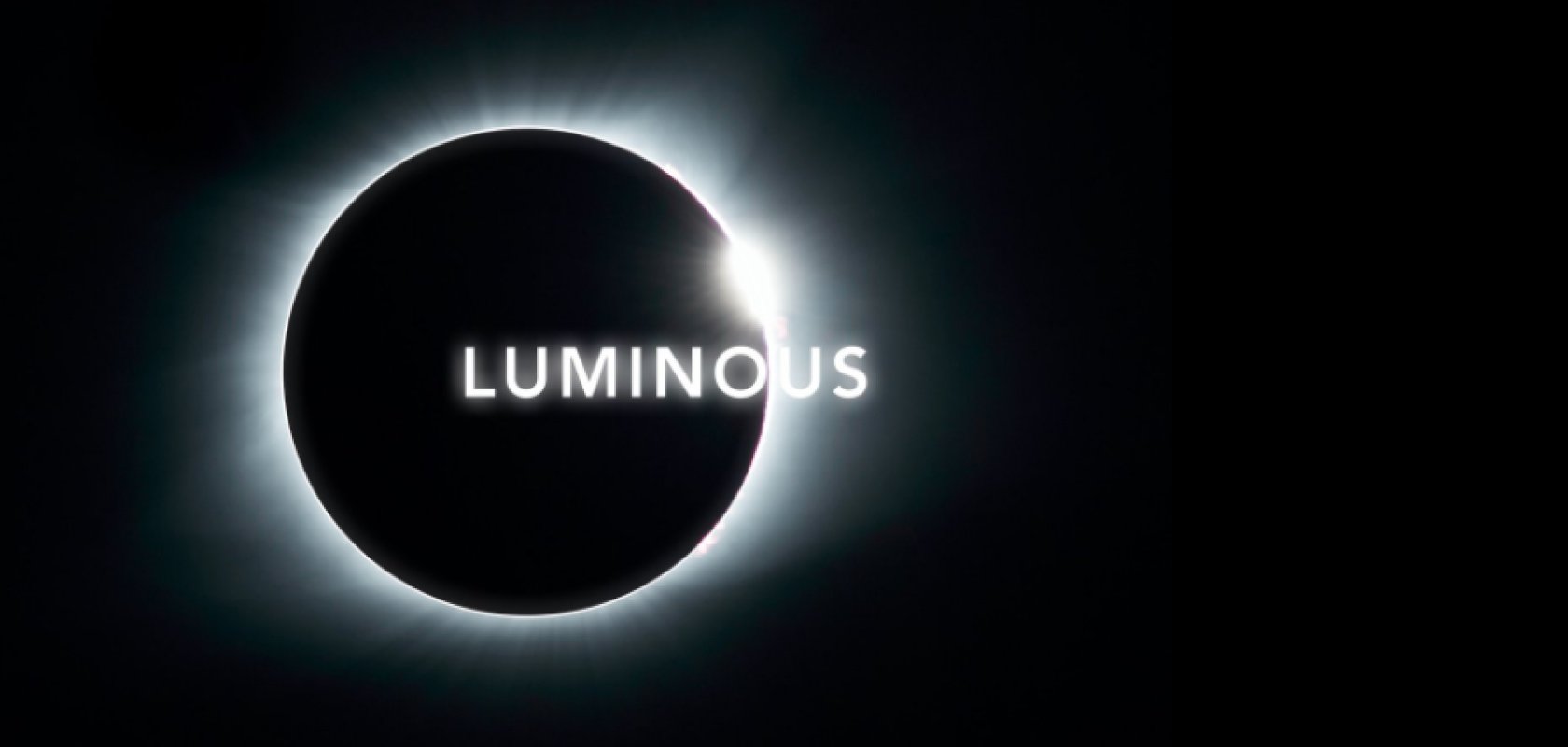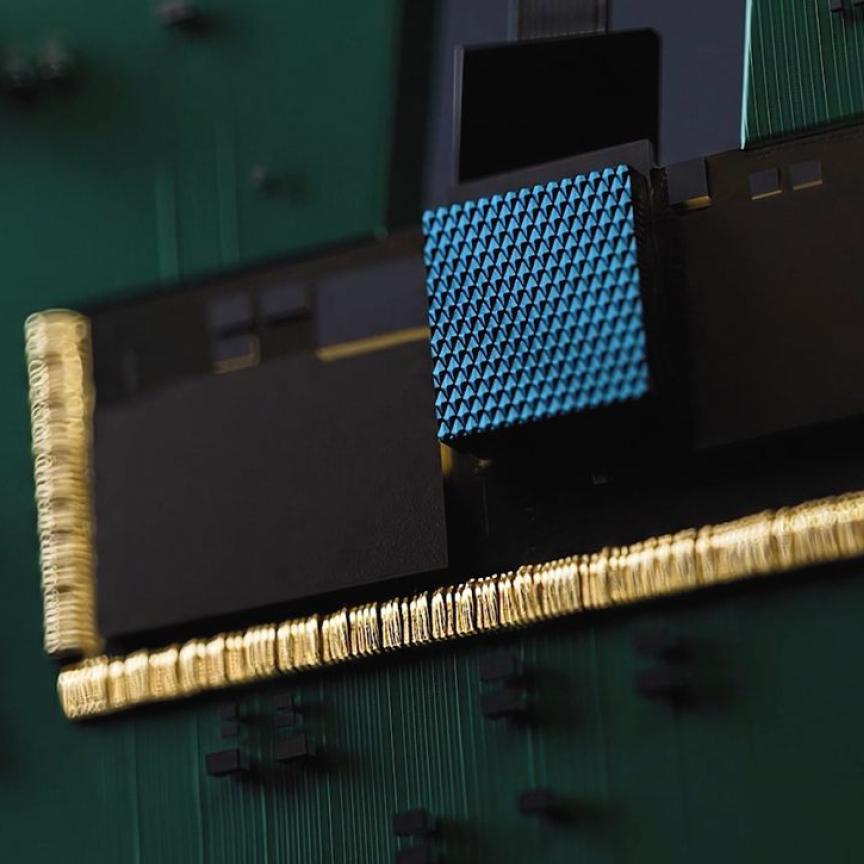Luminous Computing, a startup re-imagining how AI computers are built using silicon photonics, has raised $105M in a Series A round.
The funding will primarily go towards doubling the size of the Luminous engineering team, building out its custom chips and software, and gearing up for commercial-scale production.
While it is known from an algorithmic perspective how to deliver on the futuristic promises of AI, more compute, bandwidth and memory are still needed to achieve these goals.
'It’s an incredible time to be a part of the AI industry,' remarked Marcus Gomez, CEO and co-founder, Luminous. 'AI has become superhuman. We can interact with computers in natural language and ask them to write a piece of code or even an essay, and the output will be better than most humans could provide. What’s frustrating is that we have the software to address monumental, revolutionary problems that humans can’t even begin to solve. We just don’t have the hardware that can run those algorithms.'
Luminous is therefore looking to build supercomputers that satisfy these demands.
The firm will use its proprietary silicon photonics technology to eliminate data movement bottlenecks at every scale, resulting not only in order-of-magnitude improvements in performance, but also in drastic simplifications to the programming model.
Luminous isn't the only startup looking to commercialise silicon photonics chips for AI-based computing. Boston-based Lightmatter has also raised a combined $113M between its Series A and B funding round to achieve the same goal.
'Most people who build hardware assume that in order to improve performance, you have to trade off against programmability and cost-efficiency, or just go to a higher-density silicon node,’ said Gomez. ‘By introducing silicon photonics technology at the heart of computer architecture, we’re not only able to drastically improve performance and scalability, but we’re also able to make it much easier to build huge AI models.’
Luminous is actively recruiting photonics designers, digital and analogue VLSI engineers, packaging and system integration engineers, and machine learning experts. The firm’s core differentiation comes from the fact that it is building nearly every part of the stack from the ground up, integrating expertise from a diversity of domains.
'At Gigafund, we focus only on founders that we believe have a path to building the most significant companies in the world,' said Luke Nosek, managing partner of Gigafund, one of the participants of the Series A round. 'If we can build the product AI customers have always dreamed of, but wasn’t possible, Luminous will dominate the future of computing.'
Other Series A participants include Bill Gates, Gigafund, 8090 Partners, Neo, Third Kind Venture Capital, Alumni Ventures Group, Strawberry Creek Ventures, Horsley Bridge, Modern Venture Partners.


